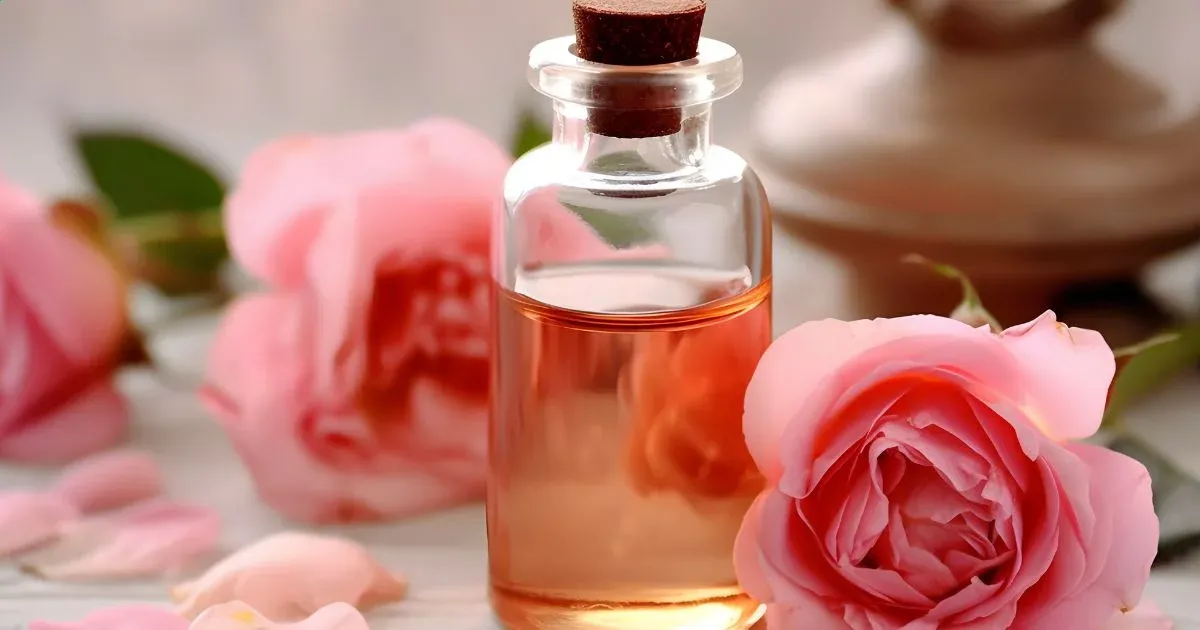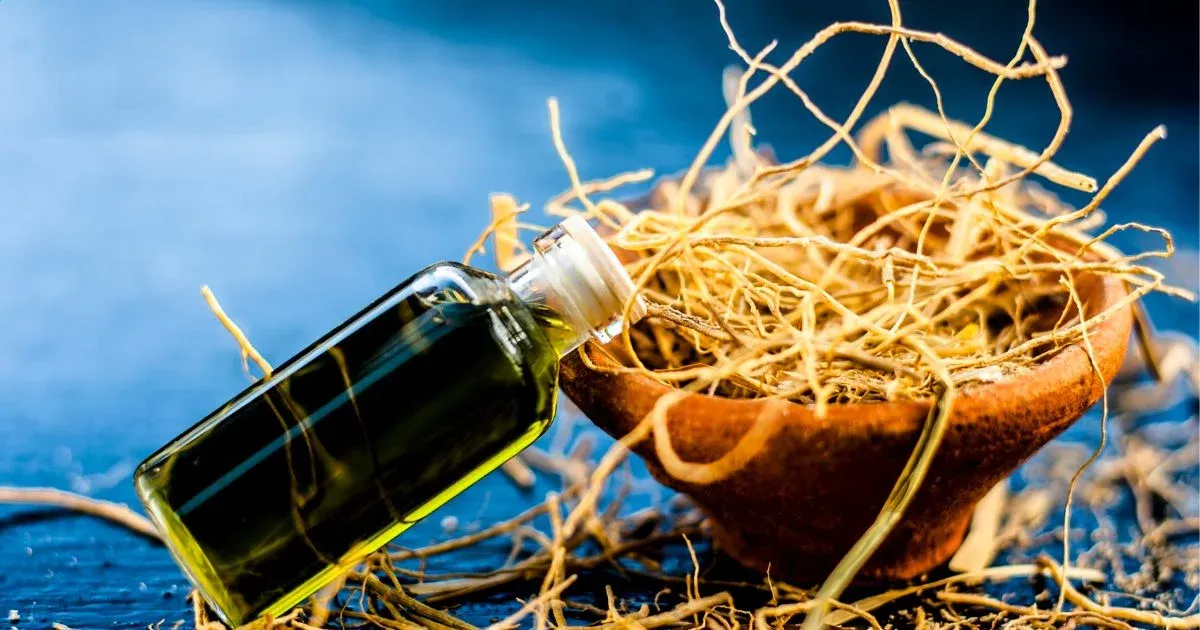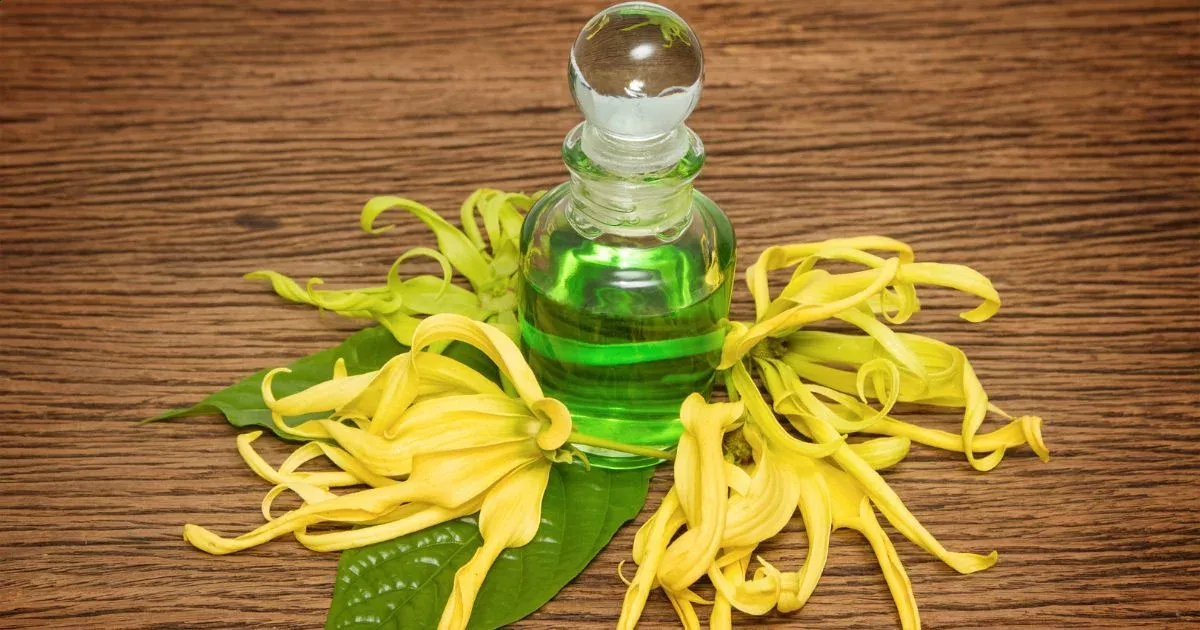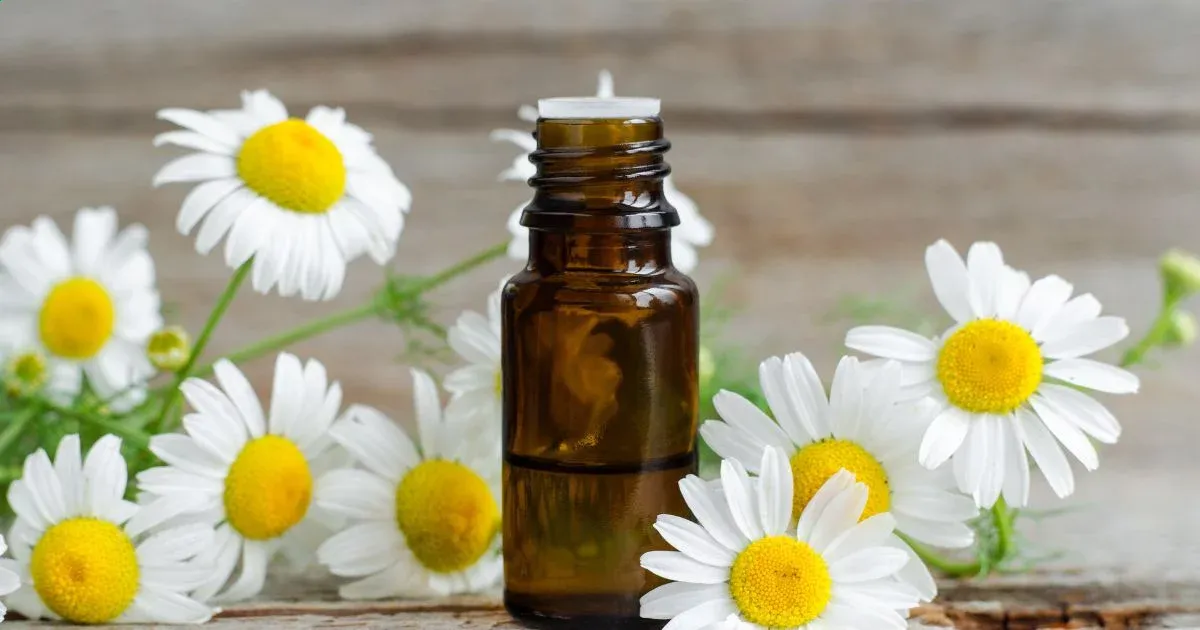What are essential oils? Essential oils represent the concentrated essence derived from plants, featuring organic and natural properties. With a rich history spanning centuries, there exist over 300 distinct essential oils employed for various purposes such as aromatherapy, healing, cosmetics, and more, contributing to the creation of pleasing fragrances. Notable examples include Lavender, Tea Tree Oil, and Citronella oil. You may like to read how to relieve joint pain here.
The use of essential oils dates back millennia, reaching as far as the time of Jesus' birth, when Frankincense and myrrh were employed for anointing. These oils have played a significant role in diverse societies throughout ancient history, including China, Egypt, India, and Southern Europe.
As part of the embalming process, specific essential oils have even been administered to corpses, as evidenced by traces found in graves dating back over 2,000 years. Essential oils have also played a role in aromatherapy, pioneered by French physician Jean Valnet, who discovered their potential benefits during World War II when pharmaceutical options were limited.
Essential oils, derived from flowers, leaves, bark, or roots of plants, are inherently natural. While using pure essential oils without chemical dilution is preferable, they can offer comfort and healing for various conditions, including serving as a natural remedy for anxiety.
Essential Oils and Anxiety.
Anxiety poses a daily challenge, and natural remedies like essential oils can be a valuable tool. A 2014 study by the American College of Healthcare Sciences involved providing hand massages with a 1.5 percent essential oil dilution to 58 hospice patients, incorporating Bergamot, Frankincense, and Lavender oils.
The results indicated reduced pain and sadness, suggesting the effectiveness of aromatherapy massage with this essential oil blend for treating pain and depression.
The following are a few of the best essential oils for anxiety relief:
(1) Lavender Oil.
A Leading Essential Oil for Relaxation and Anxiety Relief.
Lavender oil stands as the most commonly utilized essential oil, renowned for its calming and soothing properties. Functioning as a tonic for the nervous system, it proves beneficial for a spectrum of anxiety-related issues, including insomnia, restlessness, irritability, panic attacks, nervous tension, and an upset stomach. It holds a distinguished status as one of the most effective essential oils for alleviating anxiety.
Citing "The Handbook of Essential Oils: Science, Technology, and Applications, Second Edition," numerous clinical investigations focusing on lavender essential oil inhalation have consistently demonstrated a reduction in both tension and anxiety levels.
In a study involving exposure to an anxiety-inducing video, the oral administration of lavender essential oil through capsules resulted in a substantial increase in heart rate variation compared to the placebo. This compelling observation suggests that lavender may possess anxiolytic properties, contributing to stress reduction.
Further affirming its efficacy, lavender has demonstrated the ability to reduce anxiety levels in diverse scenarios, including patients undergoing coronary artery bypass surgery and individuals visiting the dentist, as indicated by additional studies. You may like to read how to lose weight effectively here.
Incorporating lavender oil into daily routines to encourage relaxation is easily achieved by adding it to a diffuser, bathwater, or a spray bottle filled with water. Its compatibility with other essential oils, such as geranium, ylang-ylang, and chamomile, enhances its calming effects. Moreover, applying lavender oil topically on the wrists, temples, and the back of the neck offers a convenient and effective means to experience its anxiety-reducing benefits.
(2) Rose Oil.
Eliciting Calmness for Emotional Well-Being.
Rose essential oil exerts a calming influence on the emotional heart, establishing itself as a potentially noteworthy alternative to lavender in addressing anxiety, depression, panic attacks, grief, and shock.
In a research study published in the Iranian Red Crescent Medical Journal, a group of women experienced a 10-minute inhalation and footbath with rose oil, while another group underwent a 10-minute warm-water footbath.
The outcomes were then compared to those of a control group. The results revealed that both aromatherapy and footbaths played a role in alleviating anxiety in nulliparous women throughout the active period.
This underscores the potential of rose oil as a therapeutic element, showcasing its ability to contribute to emotional well-being, particularly in the context of anxiety-related conditions experienced by women.
(3) Vetiver Oil.
Providing Calm, Grounding, and Soothing Benefits.
Vetiver oil provides a calming, grounding, and soothing energy, commonly employed in trauma situations to facilitate self-awareness, tranquility, and stability.
Additionally, it acts as a tonic for the nervous system, mitigating jitteriness and hypersensitivity, and offering support during episodes of panic and shock.
An examination of anxiety-like behavior in rats, as detailed in a publication in Natural Product Research, indicated that vetiver oil might effectively alleviate symptoms of anxiety.
However, it is essential to note that further research is necessary to validate and strengthen this conclusion, ensuring a comprehensive understanding of vetiver oil's potential benefits for anxiety relief.
(4) Ylang Ylang Oil.
A Natural Remedy for Anxiety and Despair.
Due to its relaxing and uplifting qualities, this widely embraced essential oil offers potential relief for anxiety and despair. Ylang-ylang is known to foster happiness, courage, and optimism while also providing a calming effect on anxiety. Recognized as a relatively potent sedative, it may aid in alleviating sleeplessness and soothing heart tension and anxious palpitations.
A 2006 study conducted by Geochang Provincial College in Korea found that the daily use of ylang ylang oil, combined with bergamot and lavender oils for four weeks, resulted in reduced "psychological stress responses and serum cortisol levels, as well as lowered blood pressure in clients with essential hypertension."
When incorporating ylang ylang oil into your routine, exercise caution as it has the potential to sensitize or irritate the skin. It is advisable to avoid its use if you have low blood pressure. An initial step can be diffusing the oil around your home, creating a pleasant atmosphere. Ylang ylang blends harmoniously with jasmine and lavender essential oils for a delightful aromatic experience.
(5) Bergamot.
A Citrus Essence for Relaxation and Emotional Well-Being.
Bergamot, a citrus fruit renowned for its flowery flavor and aroma, is commonly associated with Earl Grey tea. Bergamot oil, derived from this fruit, possesses relaxing properties and is frequently utilized not only to combat depression by providing energy but also as a remedy for insomnia, promoting relaxation, and reducing agitation.
Studies have demonstrated its ability to reduce corticosterone response to stress in rats. Additionally, a compelling 2011 research proposition suggested that the application of bergamot essential oil might offer benefits for depression or anxiety.
The research incorporated a combination of lavender and bergamot essential oils, revealing substantial natural methods for lowering blood pressure and pulse rate compared to a placebo. Participants in the blended essential oil group reported feeling "more tranquil" and "more relaxed" than the control group.
While bergamot is generally considered safe, it is crucial to note that it is photosensitizing, potentially heightening sensitivity to the sun and causing a rash. Therefore, it is advisable to refrain from using bergamot if exposed to the sun for more than 12 hours.
(6) Chamomile Oil.
A Calming Aroma for Inner Serenity.
Chamomile, with its soothing and relaxing fragrance, fosters a sense of inner serenity while alleviating impatience, overthinking anxiety, and concern. An exploratory investigation into the antidepressant properties of chamomile, conducted at the University of Pennsylvania School of Medicine, revealed that this essential oil "may generate clinically relevant antidepressant activity in addition to its previously documented anxiolytic effect."
Further support for the anxiety-reducing benefits of chamomile comes from research published by the National Center for Complementary and Integrative Health, demonstrating the effectiveness of chamomile pills in alleviating anxiety symptoms.
Chamomile oil is generally considered safe, with minimal risk of allergies, particularly among individuals allergic to ragweed. Its gentle nature makes it a suitable choice for those seeking a natural remedy for emotional well-being and anxiety reduction.
(7) Frankincense Oil.
A Source of Tranquility and Spiritual Grounding.
Frankincense oil, renowned for its ability to emit peaceful and serene energy along with providing spiritual grounding, proves effective in addressing depression and anxiety. Beyond its calming properties, it aids in deepening meditation and quieting the mind, offering relief for concerns like chronic stress, particularly within the realm of aromatherapy.
In a research study conducted by Keimyung University in Korea, Frankincense demonstrated positive impacts on pain and despair experienced by hospice patients with terminal cancer.
This was achieved through a combination of Frankincense mixed in a 1:1 ratio with bergamot and lavender oils, administered in an aroma hand massage. The findings underscore the potential therapeutic benefits of Frankincense in enhancing well-being, particularly in individuals facing challenging health conditions.
How to Utilize.
Aromatherapy.
The popularity of aromatherapy for anxiety stems from the profound impact our sense of smell has on triggering emotional reactions. This sensory system plays a vital role in processing a wealth of information, particularly in the brain's limbic region, as elucidated in Marcey Shapiro and Barbara Vivino’s book, "Freedom from Anxiety: A Holistic Approach to Emotional Well-Being." Emotional processing and memory recall are integral components of this olfactory mechanism.
When you inhale the aroma of essential oils, the molecules enter your nasal canals, prompting a mental response within your limbic system. These stimuli exert control over heart rate, breathing patterns, hormone production, blood pressure, and various stress or soothing reactions.
Aromatherapy can be experienced through various methods, including direct inhalation, hot water vapor, vaporizers or humidifiers, fans, vents, perfumes, colognes, or aromatherapy diffusers. Each of these approaches leverages the power of scent to influence emotional well-being and enhance overall mental and physiological balance.
Oral Administration of Essential Oils.
When considering the oral administration of essential oils, it is crucial to ensure the oils being used are both safe and pure. Many oils available in the market may be diluted or contain harmful synthetics. The Food and Drug Administration (FDA) has granted several essential oils the Generally Recognized as Safe (GRAS) certification for human consumption, endorsing their internal use.
Studies suggest that the most efficient method is adding a drop of oil to a glass of water or a teaspoon of honey. This mixture can then be placed under the tongue. The proximity of blood capillaries beneath the tongue allows for rapid absorption into the circulation, facilitating distribution to various parts of the body where needed.
Alternative oral application methods include encapsulation, adding a drop or two to a preferred beverage, incorporating into tea, and using in cooking. Each of these approaches provides diverse options for safely integrating essential oils into one's oral routine.
Topical Application of Essential Oils.
Many individuals opt for the topical application of essential oils. This involves applying essential oils to the skin, hair, mouth, teeth, nails, or mucous membranes of the body. When these oils make contact with the skin, they are swiftly absorbed.
Given their potent nature, it is advisable to dilute essential oils by combining them with a carrier oil. Options include sweet almond, jojoba, olive, avocado, or coconut oil.
Following dilution, the mixture can be applied directly to specific areas, such as the soles of the feet or the rims of the ears, using methods like compresses, baths, or massage. This ensures a controlled and effective application of essential oils for targeted benefits.
Safety Guidelines.
Never consume essential oils or apply them directly to undiluted skin without proper training or medical supervision. It is essential to understand how to use them effectively.
Always consult with a professional for guidance, and conduct a patch test on a small area, as individuals may react differently, especially in the case of children and pregnant women. Exercising caution is vital to ensure the safe and appropriate use of essential oils.
Final Considerations.
Employing calming essential oils for anxiety relief and relaxation is both straightforward and natural. Lavender, chamomile, ylang-ylang, bergamot, and Frankincense stand out as some of the most effective essential oils for addressing anxiety.
FDA Compliance Statement.
The content on this website has not undergone evaluation by the Food & Drug Administration or any other medical authority. Our intention is not to diagnose, treat, cure, or prevent any illness or disease. The information is provided solely for educational purposes.
It is imperative to consult with your doctor before taking any action based on the content on this website, especially if you are pregnant, nursing, taking medication, or have an existing medical condition.
Common Queries Answered.
Which essential oil is effective for calming anxiety?
Answer: Peppermint essential oil is highly recommended for calming anxiety. Additionally, it possesses a cooling effect that aids in relieving muscle spasms in the body.
Where should essential oils be applied for anxiety relief?
Answer: Applying essential oils for anxiety relief on the bottoms of your feet, where tension is often felt, is a suggested method. However, various application techniques are available to explore.
What essential oil is beneficial for anxiety and depression?
Answer: Lavender is an excellent essential oil for managing anxiety and depression. Its calming scent is renowned for relieving stress and tension, promoting a sense of well-being.
Thanks
Written By HowNHowTo.Com Team
Pictures credits kzenon2







